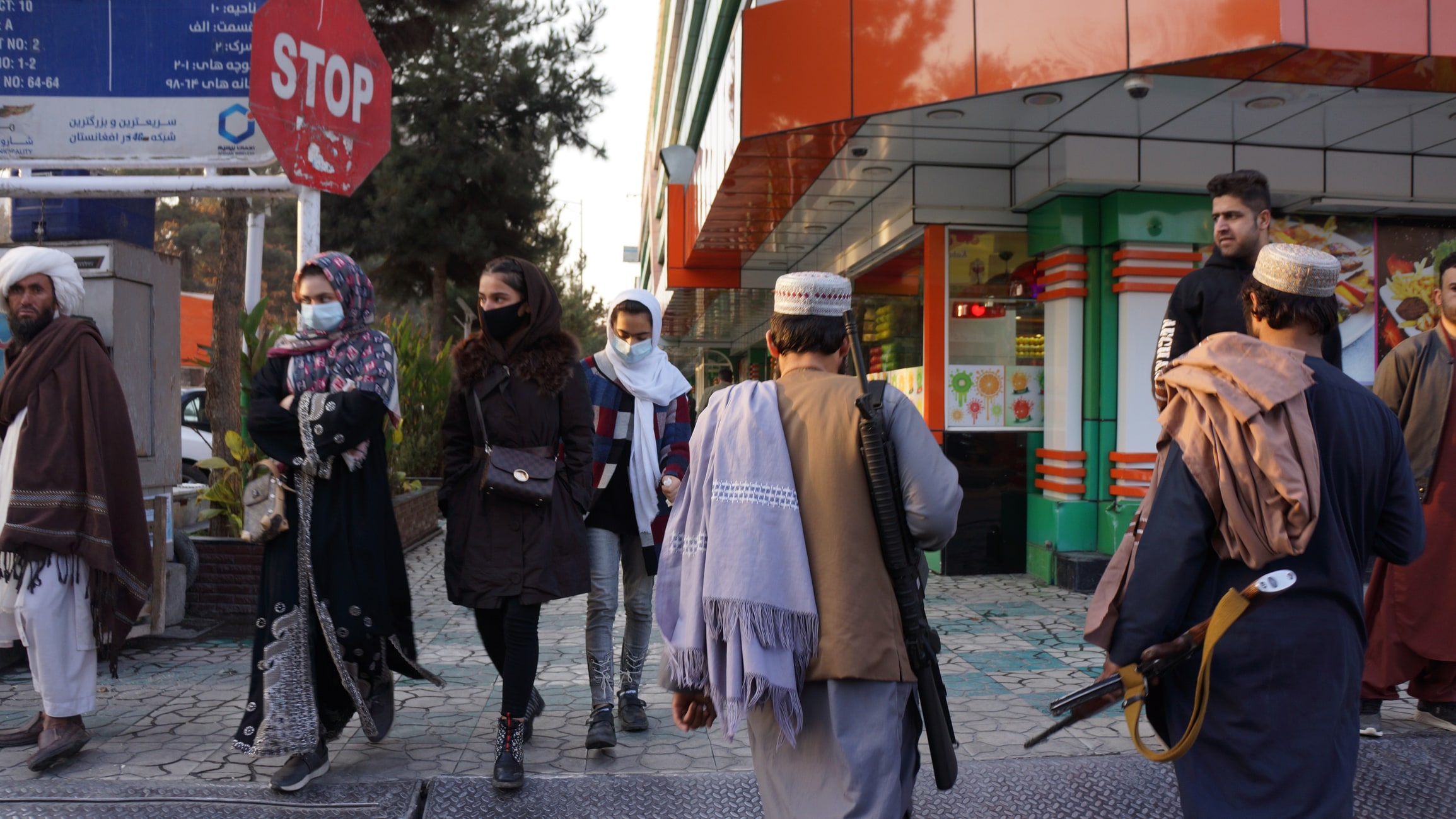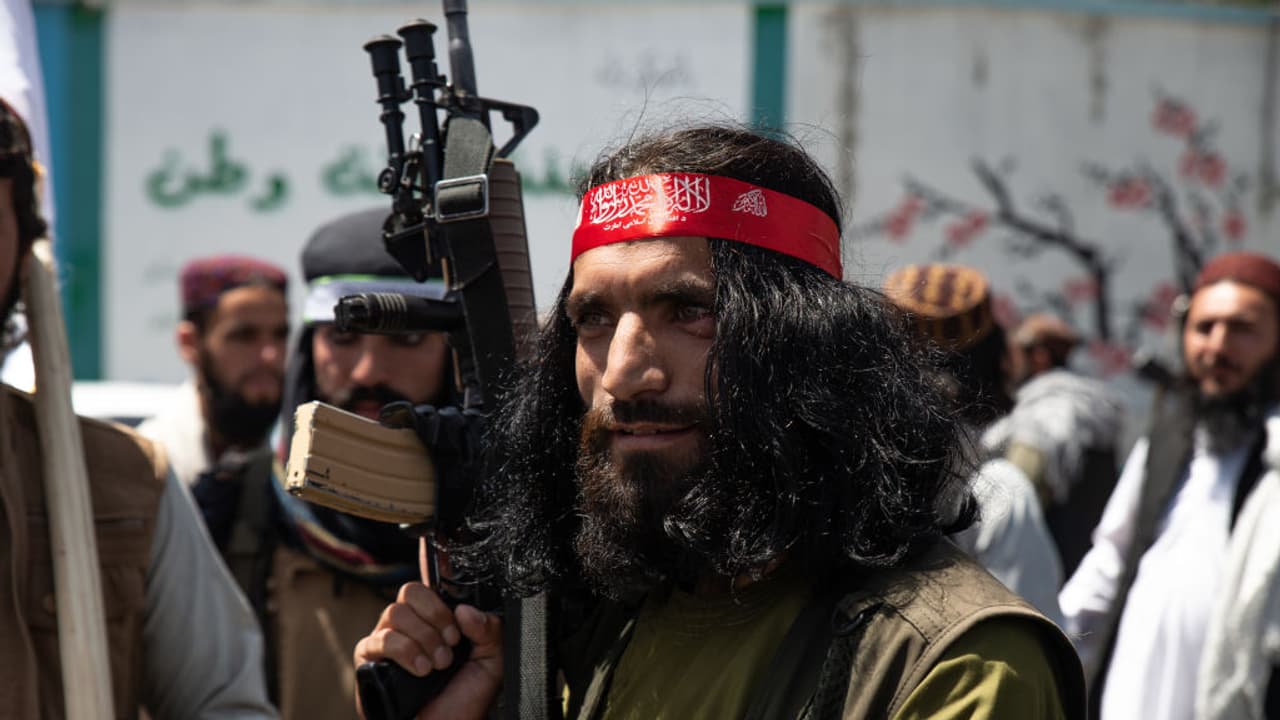Afghanistan is again under Taliban rule. Reports reveal growing terror networks. Here’s what it means for global security.
September 11, 2001, was a turning point that reshaped the world’s security order. Al-Qaida’s attacks inside the United States shattered the assumption of invulnerability for the world’s strongest intelligence and defense systems. In retaliation, Washington invaded Afghanistan, toppling the Taliban regime that had hosted Osama bin Laden and his network. But after two decades of U.S. military presence, the Western-backed government collapsed before America even completed its withdrawal.
Afghanistan is again under Taliban rule, and troubling signs suggest the country is once more becoming a sanctuary for terrorist groups. The situation carries serious implications not only for the region but also for international security, reviving comparisons with the pre-9/11 environment.
The Taliban’s return in August 2021 brought sweeping consequences such as the fall of an elected government, systematic violations of women’s rights and minority protections, and targeted killings of former security officials. Beyond domestic repression, the regime’s presence has revived fears that Afghanistan is again becoming a hub for global terrorism.
Despite Taliban promises in the Doha Agreement to sever ties with extremist groups, United Nations reports and independent studies confirm that al-Qaida and others continue to operate freely inside the country. The evidence points to entrenched networks and the growth of at least 20 militant organizations, including the Islamic State Khorasan Province (ISKP), Tehreek-e-Taliban Pakistan (TTP), Ansarullah-Tajikistan, East Turkestan Islamic Movement, Jaish ul-Adl, Lashkar-e-Taiba, and the Islamic Movement of Uzbekistan.
ISKP’s Rise and Expanding Regional Reach
Among the most dangerous developments has been the rise of ISKP, which has made Afghanistan its primary base of operations. The group has escalated violence against Hazaras, Shiites, and Sufis, while also directing operations beyond Afghanistan’s borders.
Recent ISKP-linked attacks include the Moscow concert hall massacre, strikes on Iranian targets such as the Shah Cheragh shrine and Qassem Soleimani anniversary gathering, and dozens of such incidents in Pakistan. The group has also expanded into Central Asia, stretching its reach toward Uzbekistan and parts of South Asia. These operations highlight ISKP’s role as a destabilizing force that regional governments warn cannot be contained within Afghanistan.
International monitoring bodies have confirmed the ongoing presence of al-Qaida leadership in Afghanistan. The 2022 U.S. drone strike that killed Ayman al-Zawahiri in a Kabul guesthouse linked to Taliban Interior Minister Sirajuddin Haqqani exposed the depth of cooperation between the Taliban and al-Qaida. Training centers, recruitment hubs, and calls for global migration of militants to Afghanistan demonstrate that the country is once again a rallying point for extremists.
The TTP has simultaneously strengthened its logistical capacity, weapons access, and manpower under Taliban protection. Recent TTP operations against Pakistan’s security forces have even deployed drones and advanced weaponry. Islamabad has repeatedly identified Afghan nationals and Taliban-linked fighters among TTP ranks. Their bodies, returned to Afghanistan after clashes, further confirm the cross-border ties.
The TTP’s cooperation with the Baloch Liberation Army has created a new security dilemma for Pakistan, while Iran faces intensified attacks from Jaish ul-Adl. At the same time, China has pressured the Taliban over Uyghur militants tied to the East Turkestan Islamic Movement, with reports of forced returns of refugees to Beijing.

The strengthening of al-Qaida’s branches in Africa and the Middle East, coupled with ISKP’s rise in Afghanistan, shows a network with global ambitions. Arrests in Europe, Asia, and Africa linked to these groups show how their influence extends far beyond the Afghan battlefield.
Replicating a 9/11-scale operation requires significant logistical planning and intelligence failures. Yet the availability of a secure base in Afghanistan, combined with weak international oversight, provides an environment ripe for extremist mobilization. Today, technological tools amplify the danger, as groups recruit remotely and radicalize individuals through online propaganda without requiring direct deployment of fighters abroad.
In the United States, policies proposed by President Donald Trump, including mass deportations and his handling of the Gaza conflict, could create conditions jihadist groups exploit for recruitment. Europe faces a similar challenge with the rise of far-right parties and policies aligned closely with Israel amid the Gaza war could inflame radicalization on both Islamist and far-right extremes.
Taliban’s Defiance of International Norms
Despite its public commitments, the Taliban regime consistently undermines international cooperation. It has scrapped Afghanistan’s constitution and abandoned obligations tied to human rights agreements. The group views defiance of global norms as part of its ideological struggle against Western values.
Recently, Taliban leaders ordered the closure of institutions coordinating with Interpol, effectively dismantling Afghanistan’s last avenue of law enforcement cooperation with the outside world. This move further isolates the country and removes mechanisms to track transnational criminal and terrorist activity.
The lack of independent access inside Afghanistan complicates analysis, with journalists and observers restricted. Meanwhile, global attention has shifted elsewhere, to the war in Ukraine and Middle Eastern conflicts, allowing Afghanistan’s descent to go largely unnoticed. This neglect risks creating an unchecked safe haven for global jihadist networks.
